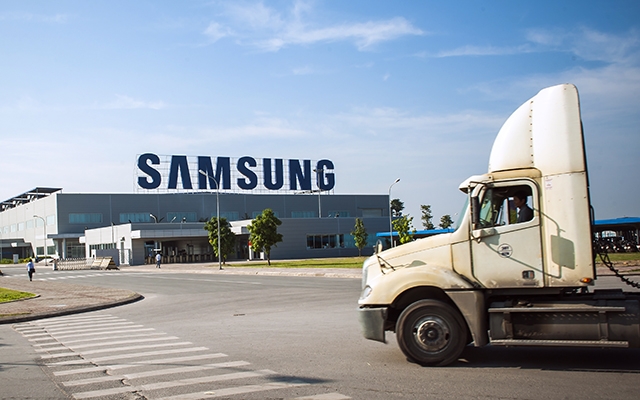Tax incentives have not contributed much to increase investment or economic growth in Vietnam, according to the latest Oxfam report released on December 12.

Oxfam tax research reports the world's worst tax havens and how the laws adversely affect developing economies like Vietnam.
Despite Vietnam's widespread use of tax incentives, "there is little evidence that incentives have contributed to increased investment or economic growth", the Oxfam tax report remarked.
The largest incentives, particularly tax holidays, according to Oxfam, go to large investments in manufacturing and real estate. "These investments would likely have occurred regardless, leading to significant revenue losses without corresponding economic benefits," the report stated. "The complexity of Vietnam’s incentive regulations and the overall lack of information and data make it difficult for both researchers and investors to accurately analyze the costs and effectiveness of tax incentives."
Citing specific examples of high-profile tax competition within South-East Asia are also covered in other studies, the Oxfam report took the case of South Korea's Samsung investment in Vietnam as an example. "In 2014, in competition for Samsung’s investment, Indonesia offered a corporate income tax exemption for 10 years, while Vietnam offered 15 years," it noted.
A separate report from the Vietnam Chamber of Commerce and Industry (VCCI) also said that the real effectiveness of tax incentives given to foreign-invested enterprises (FIEs) in Vietnam has not yet been made clear. Vietnam has offered FIEs in prioritized sectors a reduced corporate income tax (CIT), lowering the standard rate from 25 per cent to 10-20 per cent for up to 30 years, according to VCCI.
In addition, these FIEs can have their land rental fees waived for up to 15 years. At least 62 per cent of FIEs reported receiving investment incentives. But "it is difficult to tell whether the incentives truly lead to more benefits or drawbacks for FIEs and domestic firms,” the VCCI report delivered at Vietnam Business Forum (VBF) on December 5 noted.
The Oxfam report also reveals how tax havens are leading a global race to the bottom on corporate tax that is starving countries out of billions of dollars needed to tackle poverty and inequality. Significantly, foreign direct investment (FDI) to Vietnam from tax havens increased 47 per cent compared to last year.
Some tax havens listed on Oxfam’s report include Singapore, the British Virgin Islands, Jersey, Luxembourg, the Cayman Islands and Bermuda. Oxfam warned that if Vietnam continues to accept FDI from tax havens, they would lose a lot of money.
The full list of the world’s worst tax havens according to Oxfam, in order of significance is: Bermuda, the Cayman Islands, the Netherlands, Switzerland, Singapore, Ireland, Luxembourg, Curaçao, Hong Kong, Cyprus, Bahamas, Jersey, Barbados, Mauritius and the British Virgin Islands.
Oxfam report cited World Bank research in 2015 that stated "tax competition in East Asia and the Pacific is an issue that needs to be addressed in regional forums, rather than being left to individual countries." Otherwise, a race to the bottom could develop, with competing tax breaks leading to the long-term loss of tax revenue with few offsetting benefits.
Oxfam researchers compiled the world’s worst list by assessing the extent to which countries employ the most damaging tax policies, such as zero corporate tax rates, the provision of unfair and unproductive tax incentives, and a lack of cooperation with international processes against tax avoidance, including measures to increase financial transparency.
Dtinews






